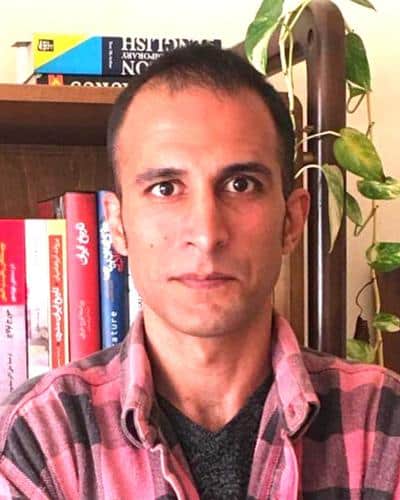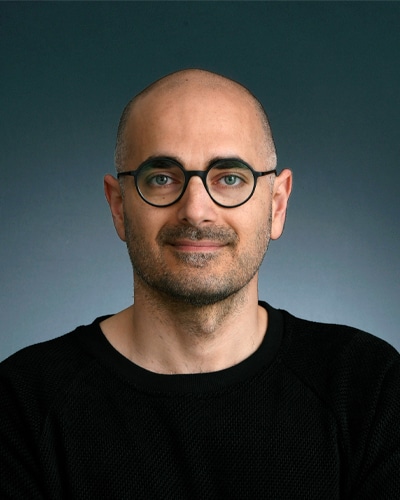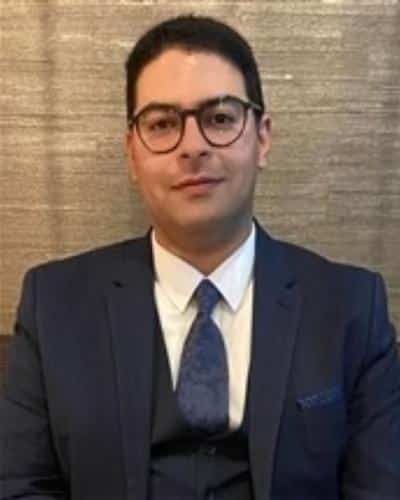This paper presentation sketches an intellectual history of transgressive thought in Iran in the short period between 1920 and 1950. To that end, two types of transgressive thinking are distinguished. Frist, regarding intellectuals such as Amir Khān Amir Aʿlam and Ahmad Kasravi, I develop the concept of liminal transgression. Second, in relation to personas such as Ṣādeq Hedāyat and Donyā magazine, I work on the concept of irreversible transgression. I elaborate these concepts in relation to the educational reforms in the second half of the nineteenth century, during which natural sciences and empirical knowledge began to be systemically dissociated from Islamic knowledge (maʿrefat-e/shenākht-e eslāmī). Drawing on George Bataille and Michel Foucault, liminal transgression is defined as an oscillatory movement around the limit of a religious system. In contrast, borrowing from Gilles Deleuze and Félix Guattari, I use the concept of irreversible transgression as a movement that radically stand outside of a given system. This latter type is transgressive to the extent that it fundamentally evades and avoids any knowing venture informed by Islamic or Islamicate ideas, narratives, and practices. I argue that in the better part of the nineteenth century, new sciences (ʿolum-e jadid) were kept at a safe distance from Islamic knowledge without dismantling or disrespecting it. Since circa 1920, however, some secular Iranian scientists and literati increasingly dispelled Islamic knowledge – from lesser-known figures such as ʿAli Rādpur, who wrote frequently in scientific magazines in the 1920s to more distinguished writers such as Hedāyat, who openly criticised Islamic doctrines and practices in his (non-)fictions. These textual personas are re-contextualised as integral to the seventy-odd years of the separation between empirical knowledge and theological knowledge.
This paper is the result of my involvement in the research project Beyond Sharia, convened at Utrecht University by Prof. Asghar Seyed Gohrab.
این سخنرانی بخشی از پنل زیر است:




